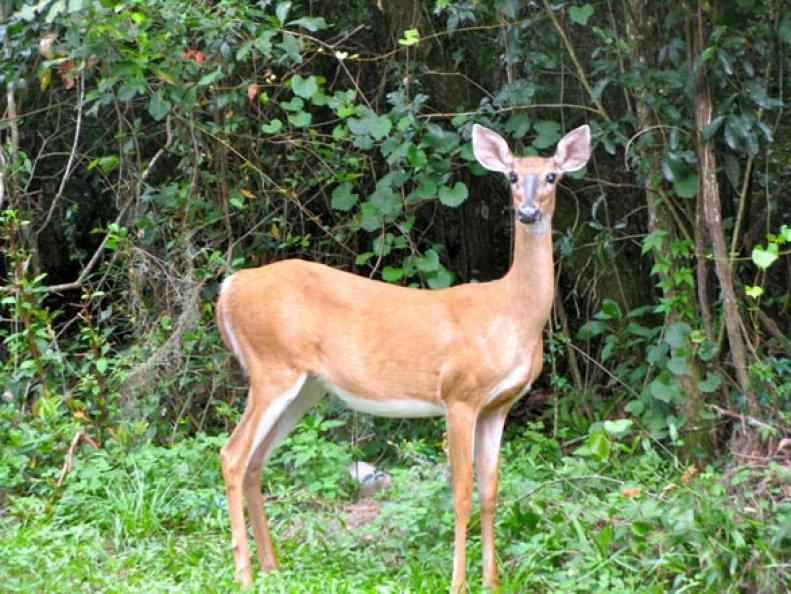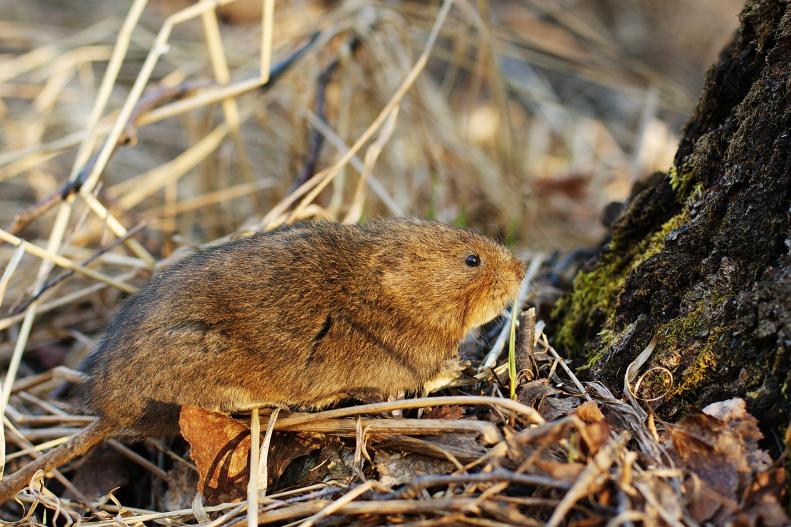1 / 12
Photo: Image courtesy of Addison Wood
Deer
Deer certainly can leave their mark in your garden. You'll know they've visited when you see jagged leaf edges on plants and of course their distinctive hoof prints. Deer won't discriminate when they're hungry enough, though they generally leaves these plants alone: succulents, poisonous plants, pungent flavored plants and plants with hairy or furry leaves. More deer resistant plants.









